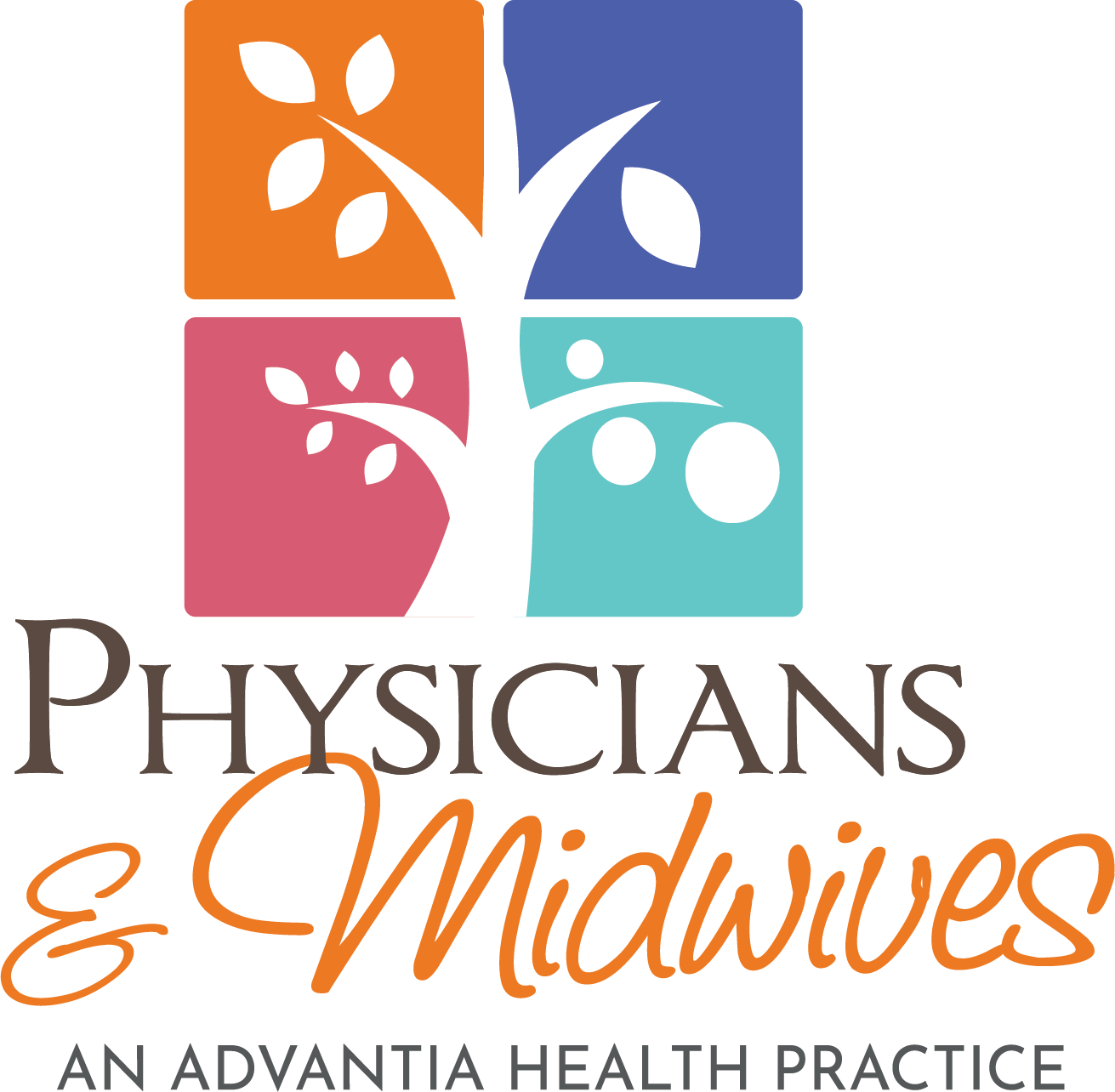
Published on: 25 July, 2012
Read Time: 4 min
The date has been circled on your calendar for nine months now, eagerly anticipated, your appointment to meet your new baby. But now the date has come and gone, and you’re still pregnant. Does this mean your pregnancy is overdue? What does that mean for you and your baby?
Pregnancy dating
Your pregnancy is typically dated from the first day of your last menstrual period (LMP). From that day, the average pregnancy lasts around 40 weeks. This assumes that you have a regular 28 day cycle with ovulation (release of the egg from the ovary) occurring on Day 14 of your cycle. However, because cycle length can vary between women, and ovulation can occur anytime between 11 and 21 days after the start of your last period, dating the pregnancy from the LMP can be misleading. Doctors now believe that a number of women considered ‘overdue’ in the past actually ovulated late in their cycles or were unsure of dates. With the routine use of prenatal ultrasound, this has become less of an issue, as measurements taken at ultrasound allow fairly accurate dating of the pregnancy.
When am I considered overdue?
While you probably consider yourself overdue as soon as the sun sets on your anticipated delivery day, remember that that due date is just an estimate. Medically, a ‘postterm’ or ‘postdates’ pregnancy is one that extends to 42 weeks and beyond. Some physicians and midwives consider the period between 40 and 42 weeks an ‘impending postterm’ pregnancy, and may keep a closer eye on you.
Is anyone at special risk for a postterm pregnancy?
You are more likely to be overdue if this is your first child, or if you have a previous history of postterm pregnancy. Emerging evidence suggests that overweight and obese women have a greater risk for postterm pregnancy. Also, male babies are slightly more likely to make you wait than females.
What risks are there for the baby?
After 41 weeks, the placenta may not function as well at getting nutrients to the baby, slowing the baby’s growth; this is sometimes called ‘dysmaturity’ or ‘postmaturity’ syndrome. There is also an increased risk that the baby may pass its first bowel movement, called meconium, while still in the uterus. If this happens, the baby may experience irritation of the lung tissue. Finally, because the baby tends to be larger after those extra weeks of growing, there is an increased risk for prolonged labor and injury to the shoulder during delivery.
What risks are there for the mother?
For the mother, most of the risks are associated with the larger size of the baby. These include increased severity of tears to the perineum during delivery and higher rates of caesarian section due to inability to deliver the baby vaginally.
How can my doctor or midwife help?
Your doctor or midwife will want to keep a closer eye on you and the baby during a postterm pregnancy. They may ask you to keep a ‘kick count’, or write down how often you are feeling the baby move. They may monitor the baby’s heart rate or perform a special ultrasound called a biophysical profile, which looks at the baby’s movements and the level of fluid surrounding the baby. Together, you can discuss your options, including continuing to carefully monitor the pregnancy or considering pregnancy induction. Induction refers to techniques and medications that can help to get labor started.
Whatever you decide, your baby will be here soon. It’s frustrating to wait, but enjoy the last few days of quiet before the real excitement begins.
Physicians and Midwives, an Advantia Health Practice
Physicians and Midwives is a unique collaborative practice you won’t find anywhere else. We have 5 offices for your convenience all across Northern Virginia, including Alexandria, North Arlington, Mt. Vernon, Kingstowne, and Woodbridge. If you would like to be listened to, as well as cared for, then look no further.





